You have no items in your shopping cart.
Are you starting a fiberglass project? If so, you'll need to make sure you have the right supplies on hand. In this blog post, we'll give you a list of items you'll need to get started. Keep in mind that this is just a basic list.
Basic supplies-
- Resin- Polyester, vinyl ester or epoxy resin
- Brushes and rollers
- Cleaning supplies
- Wax paper or drop cloths.
You may also need additional supplies, depending on the specific project you are undertaking. For example, if you are fiberglassing a boat hull, you will need fiberglass, resin, gel coat, and a fiberglass roller. If you are making a fiberglass mold, you will need a mold release agent. And if you are doing a repair, you may need a fairing compound or resin and a filler. Be sure to do your research to determine what specific supplies you will need.
Fiberglass Reinforcement
Fiberglass is the first material that you will need. This will form the basis of your project, so it is important to choose the best one. There are many options to choose from whether it is a fiberglass cloth, chopped strand mat, fiberglass tape, woven roving, or knit fabric. The one you choose will depend on many factors including needed weight, thickness, and/or strength.
Fiberglass cloth- Lighter-weight fiberglass is great as a finishing cloth, for waterproofing, on hobby projects, and wherever a thin, clear laminate is needed. Mid-weight fiberglass is often used on surfboards, and canoes, as a waterproofing layer and where more strength and thickness are needed. Heavy-weight fiberglass is good for projects that need strength and a thick laminate.
Fiberglass tape- Tape is narrower widths of fiberglass that are great for smaller projects and repairs. It has a selvage edge to prevent unraveling. It does not have an adhesive backing. It is meant to be used with resin.
Chopped Strand Mat- Easily conforms to tight curves and corners. It is made up of randomly oriented strands of fiberglass held together by a styrene binder. It is not compatible with epoxy resin. It does not add strength so it is recommended to layer with fiberglass cloth if strength is needed. Chopped strand mat adds thickness and creates a heavier weight product.
Woven Roving- Heavy coarse fabric that adds thickness and strength quickly. It is often used with chopped strand mat in the boat-building industry. It works well on flat surfaces.
Knit Fabric- A layer of fiberglass fabric bundled and stitched with a layer of chopped strand mat. It provides great directional strength and builds thickness quickly. It does not crimp since it is stitched instead of woven. It is compatible with epoxy, polyester and vinyl ester resins.
Do your research to figure out which reinforcement will be best.
Resin
Resin is the next item on the list. This will hold everything together and provide strength and stability to your project. There are three main types of resin: polyester, vinyl ester, and epoxy. Each has its' own unique characteristics, so it is important to choose the right one. The one you choose will depend on many things including compatibility with the fiberglass reinforcement you are using, durability, flexibility, strength, adhesive properties, and waterproofing qualities.
Polyester Resin- Most affordable resin when compared to vinyl ester and epoxy resin. Polyester laminating resin cures with a tack so sanding between layers is not needed. It is a good general purpose resin. There are different grades of polyester resin available including ones that include wax for a hard tack free finish.
Vinyl Ester Resin- Has good corrosion resistance, good adhesion properties, and higher temperature capabilities. It will yellow rather quickly.
Epoxy Resin- The most expensive resin of the three discussed here. It has superior strength, durability, cures tack-free, has less odor, and better water resistance.
If you are working with polyester or vinyl ester resin, the hardener catalyst is MEKP (methyl ethyl ketone peroxide). Epoxy resins come in two parts. Part A is the resin side and Part B is the hardener side. Make sure you have the hardener for your resin before starting your project.
Mixing and Measuring Supplies
Measuring cups and mixing sticks are necessary for properly measuring and mixing the resin and hardener. This is a crucial step in ensuring that your project turns out correctly. Graduated measuring cups help measure the resin accurately. When working with epoxy resin it is imperative to be exact when measuring.
Paint sticks and tongue depressors work as good stir sticks. Mixing is also extremely important. Make sure to use the sticks to scrape down the sides and mix thoroughly.
Brushes and Rollers
Brushes and fiberglass rollers are tools that will help you apply the resin to the project surface. The fiberglass rollers come in a variety of options. There are aluminum rollers, corner rollers, and bristle rollers. They help to get rid of air pockets and to evenly apply the resin.
Aluminum rollers- Made up of fins with deep grooves that help distribute resin and get rid of trapped air. It is a sturdy roller that is great for flat surfaces.
Radius Aluminum Corner Roller- Meant for inside corners and concave surfaces. The deep fins eliminate air bubbles.
Bristle Roller- Removes trapped air bubbles with its' bristles. They are great for use with stitched and knitted fabrics.
Chip Brushes- Throw away chip brushes are good for applying resin to your surface.
Squeegees and Spreaders
Squeegees and spreaders are important for fiberglass projects as well. They can evenly spread the resin and saturate the fiberglass. They come in different sizes.
Cleaning supplies
Having some clean-up supplies on hand will also be helpful. You may want to use a drop cloth below your project to protect it from resin drips and fiberglass. Have acetone on hand to clean your project surface before fiberglassing. You can also use it to clean up any resin drips and to clean your fiberglass rollers when you are done.
Safety Gear
Last but not least, safety gear is a must when working with fiberglass and resin. This includes items such as safety glasses, gloves, and respirators. These will help protect you from the harmful fumes and dust created by working with these materials. It can also protect your skin and eyes from the chemicals.
Conclusion
Now that you have an understanding of the basic supplies needed for your fiberglass project, you can get started gathering everything you need. Once you have all of the materials, you can begin your project with confidence!
If you are still not sure what the best supplies are for your project, don't hesitate to email us at sales@fiberglasswarehouse.com or call us at 1-833-669-7899. Our customer service team is happy to help you with whatever questions you have.
comments (2)
-

-
 Bob Martin
Bob MartinI have a fiberglass pool 16×34×8 kidney shaped. Needs a couple of small patches. Could you provide me with everything I need from start to finish?


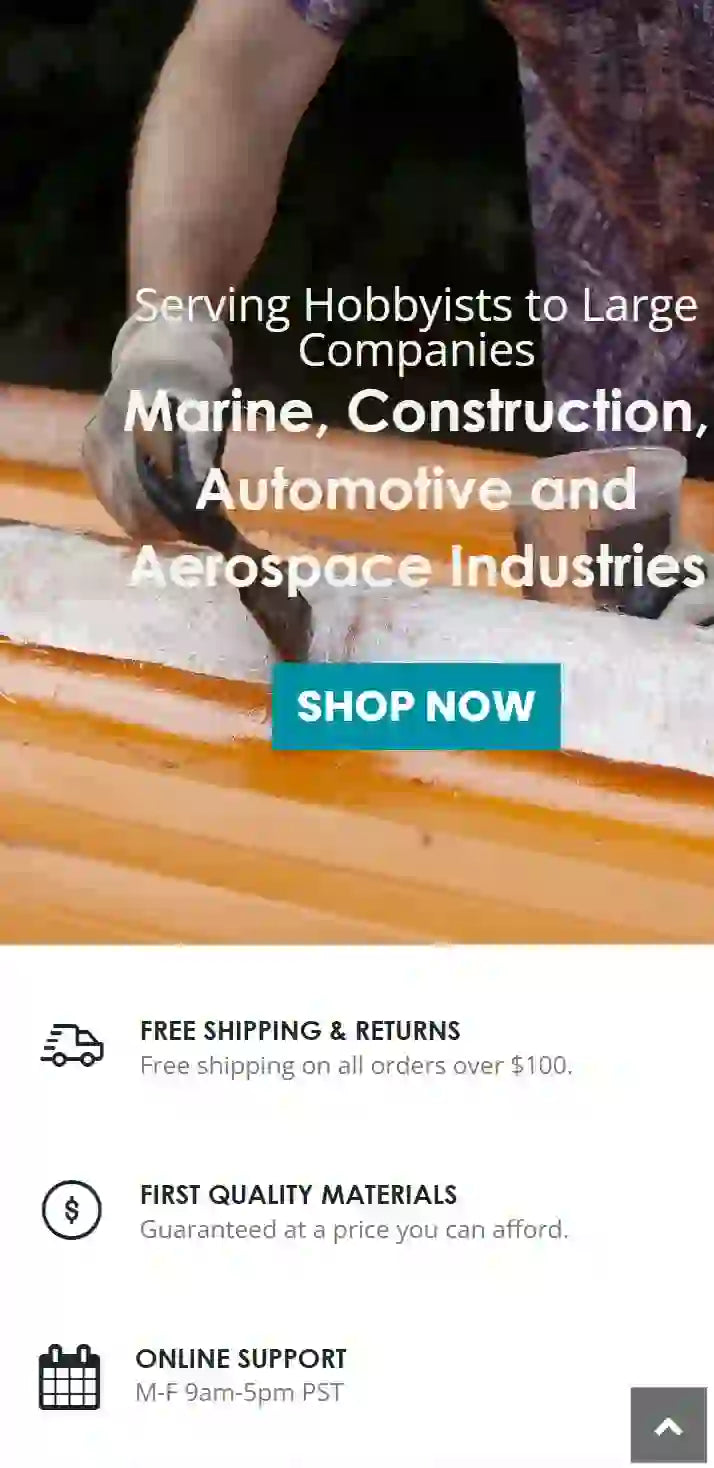
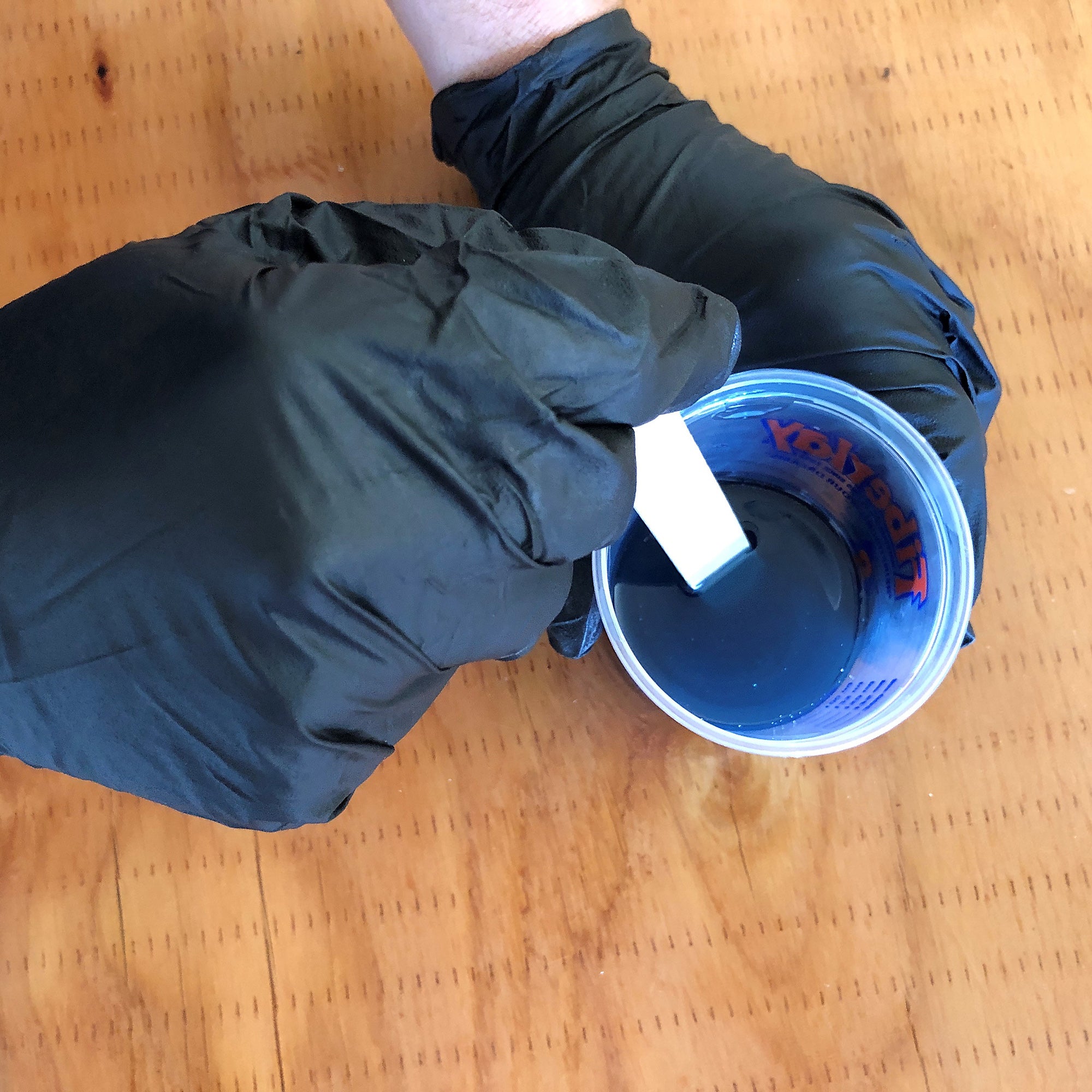
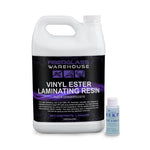
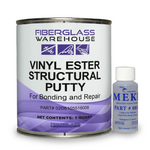
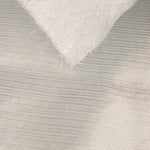
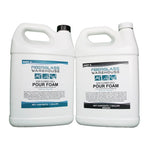
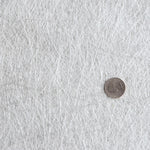

Fiberglass is good 👍